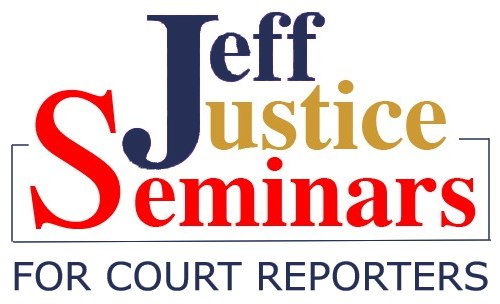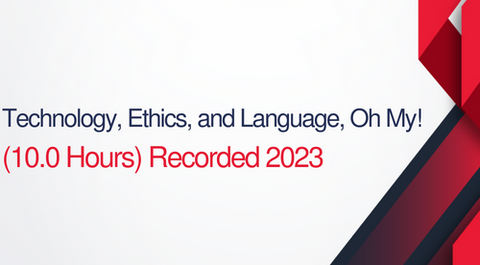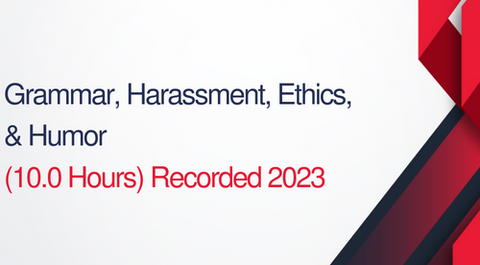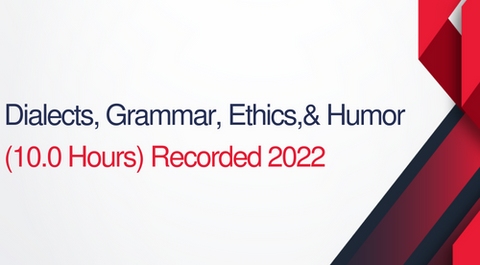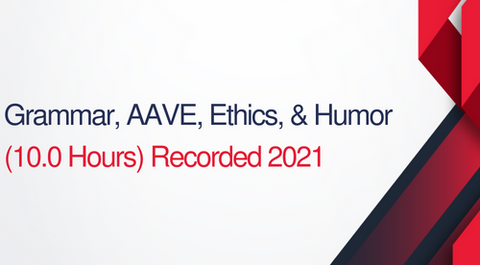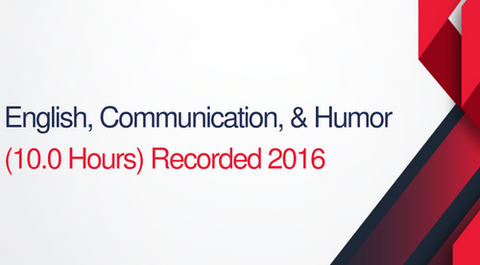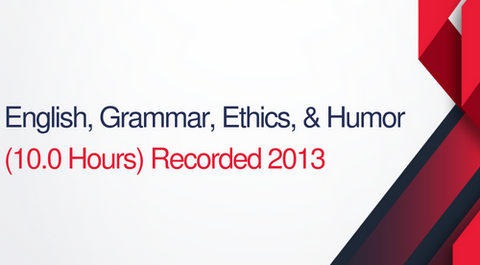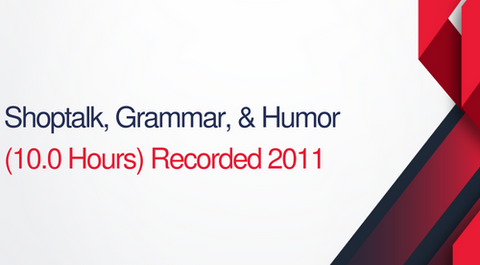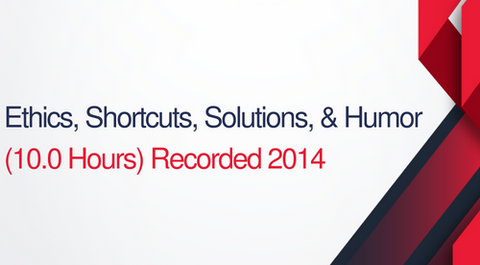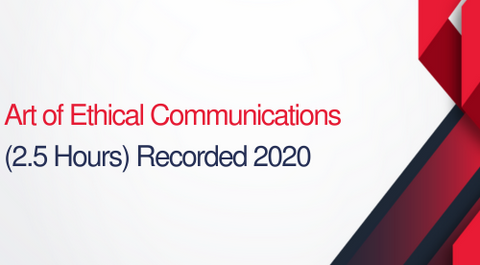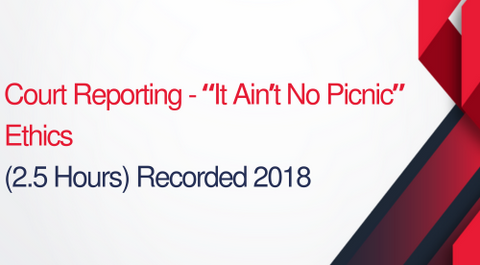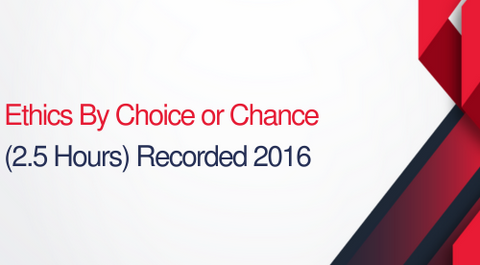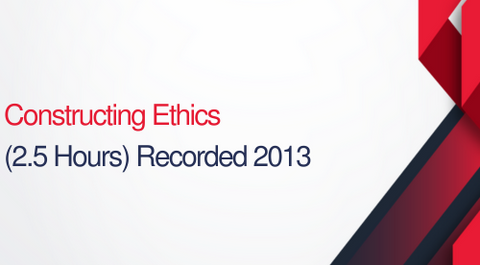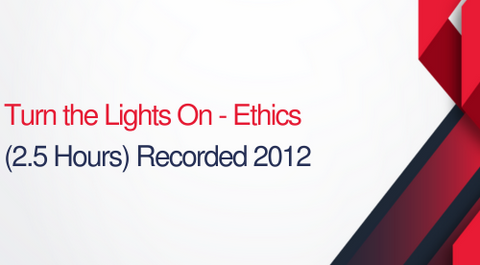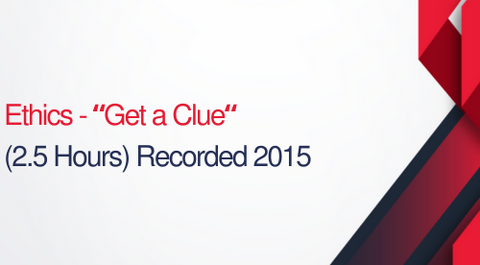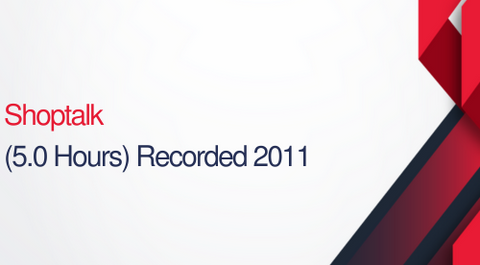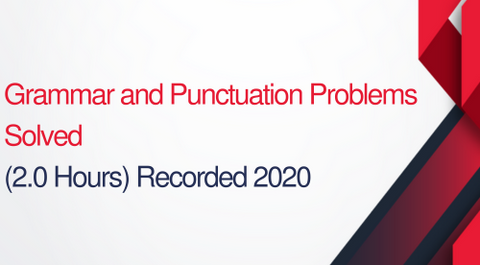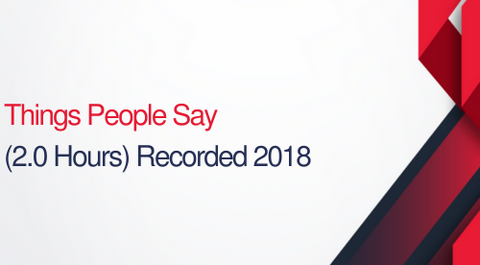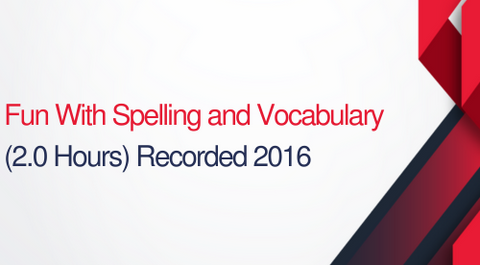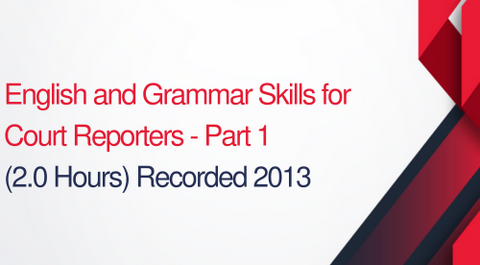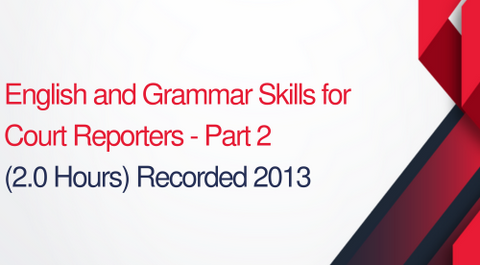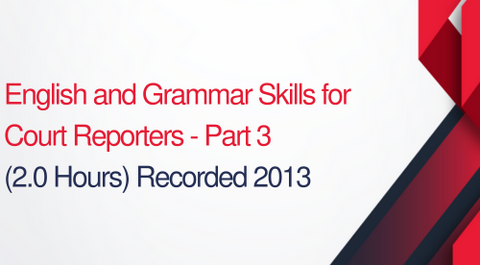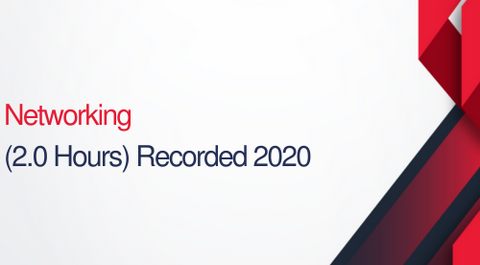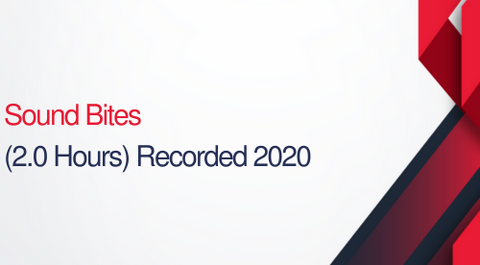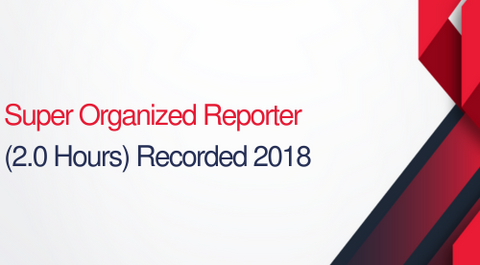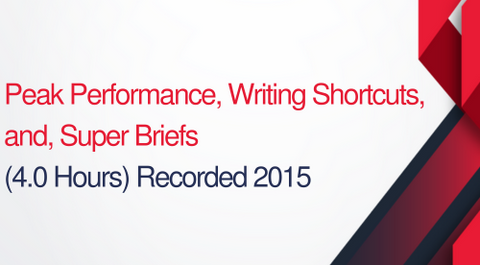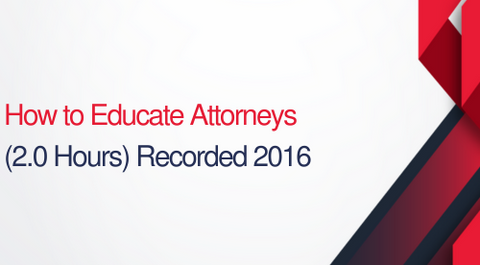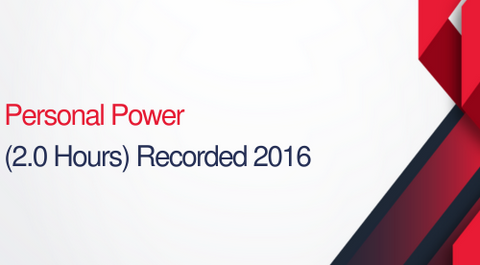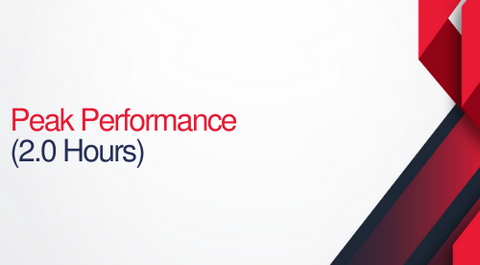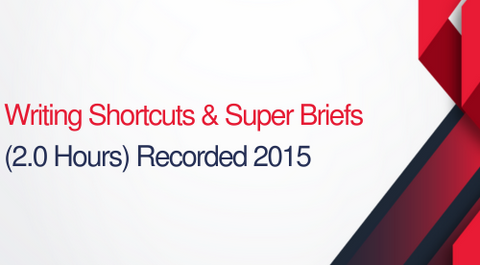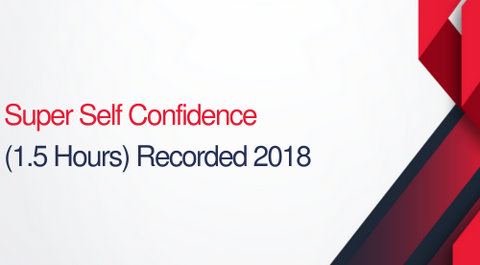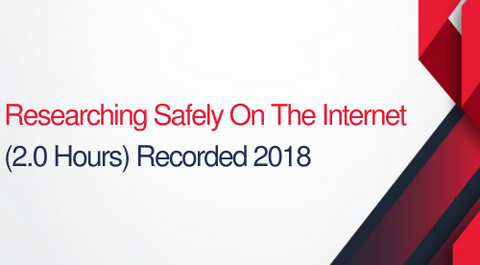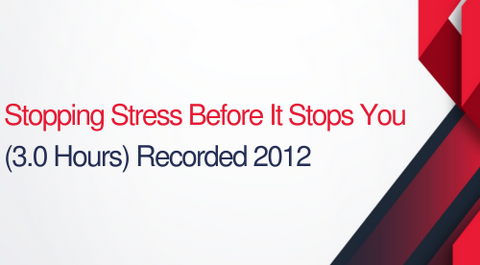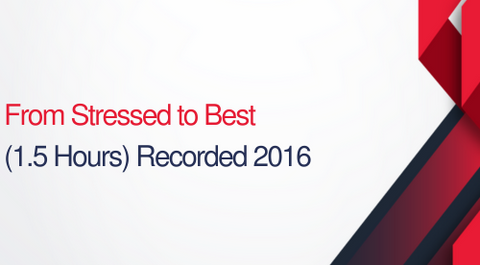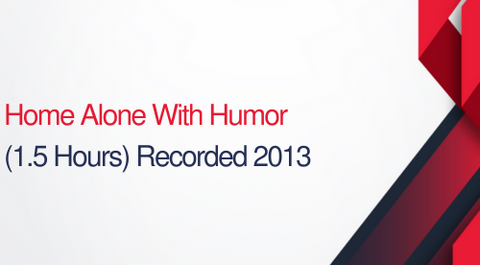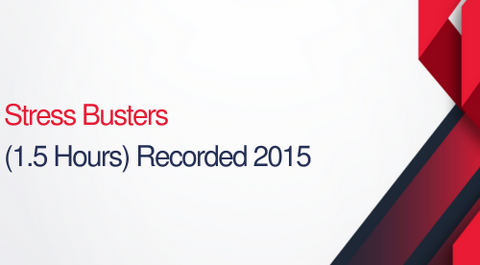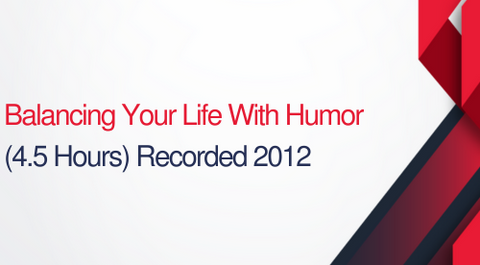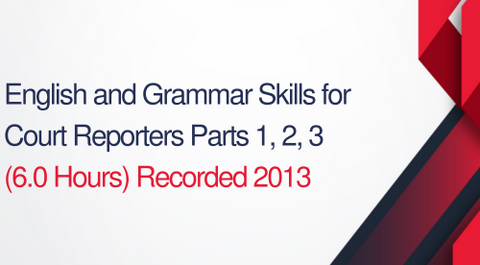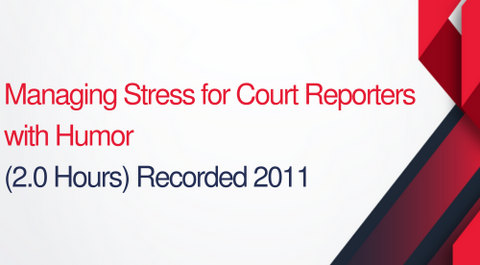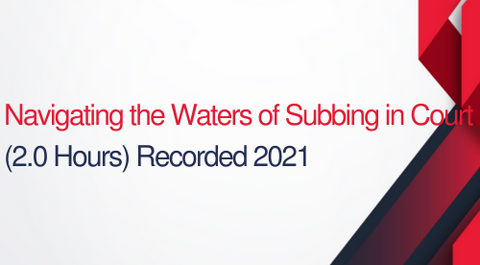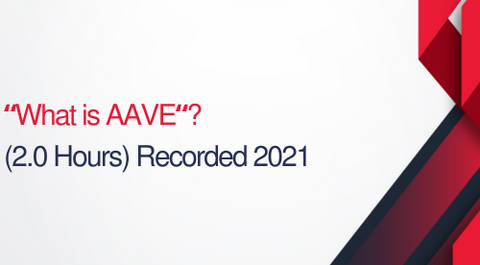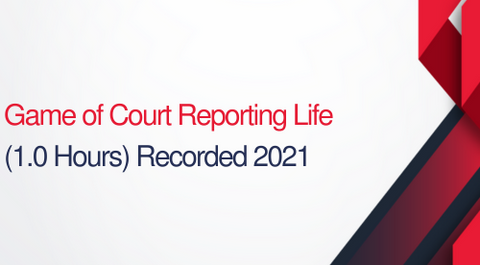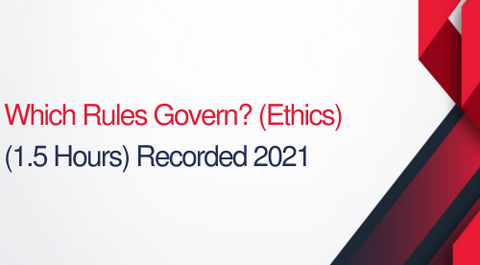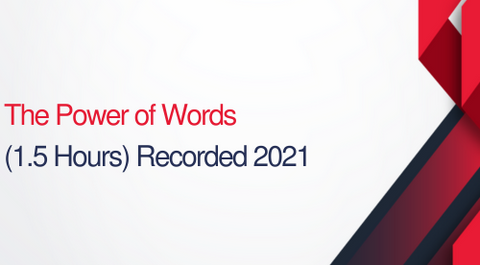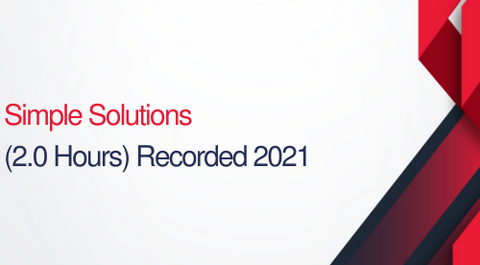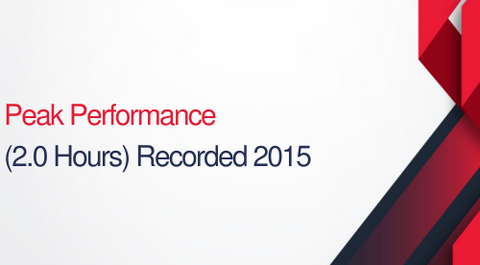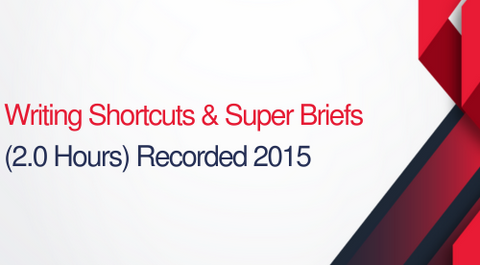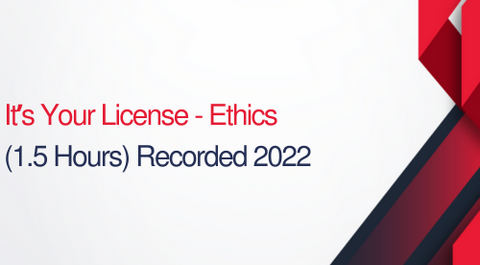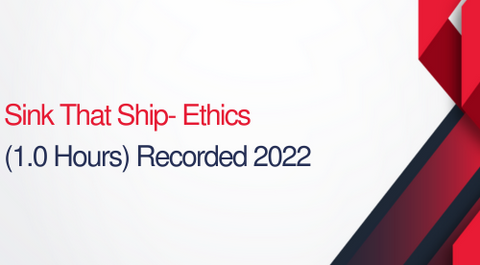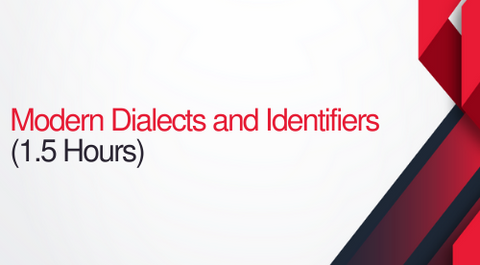Course Objective:
This ninety-minute presentation will give an in-depth view of how the body and the mind are one. This session will teach levels of concentration and focus; how eating certain foods and sugars can affect the mid-day "drop”; the steps to take to avoid "nodding off" while writing; wearing non-restricting, circulation-friendly clothes and shoes.
Specific Topics:
- My thoughts while writing!
- Is my body reacting to my thoughts?
- Am I focused on what's being said or "What's for dinner?"
- Active alertness - Bringing your thoughts back to the present
- Consequences of "nodding off."
Learning Outcomes:
Court reporters will learn how to "catch" their thoughts before rumination, what foods and drinks to avoid preventing sleepiness while writing, and how to keep yourself alert during testimony
SESSION 5: Tackling Digitals and Educating Attorneys
1 hrs (60 Min)
Presenter: Kathy McDaniel, CSR and Pam Gwin Sheppard, CSR
Course Objective:
This hour-long presentation will focus on ideas to keep digitals in their lane. We will discuss how freelancers can help officials to keep digital transcripts out of the courtroom. We will also discuss ways videographers can help keep us abreast of digitals invading depositions. We will discuss the importance of officials helping their judges understand the legality of accepting into evidence digital transcripts in states where digitals are not an approved method of reporting. We will also discuss the digital courses being taught in colleges in states where digital is not an approved method and how we can voice our disapproval respectfully to the deans of these colleges in informing them of the facts in our states about not being an approved method. The session will involve a PowerPoint presentation and hands-on instruction.
Specific Topics:
- Identifying the states where digitals are not approved
- How to discuss digitals with judges and attorneys
- How to know when a digital took a record in depos in cases before your court
- How to help attorneys understand when/where digitals are approved or not
- Tackling the narrative that mask writers and machine writers are the same as digital
Learning Outcomes:
Court reporters will understand how to communicate facts to their judges and attorneys on the licensure requirements for their individual states and when and in what circumstances digitals can be used and the importance and security of their record.
